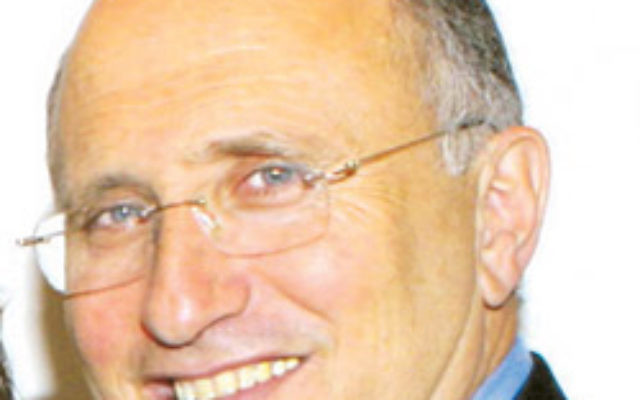AIJAC concern at Aussie jihadists
THE Australia/Israel & Jewish Affairs Council (AIJAC) has expressed concern at reports from an American think tank on Middle Eastern terrorism identifying a strong Australian presence in jihadist activities.
THE Australia/Israel & Jewish Affairs Council (AIJAC) has expressed concern at reports from an American think tank on Middle Eastern terrorism identifying a strong Australian presence in jihadist activities.
In a report on jihadists with ties to Australia, the Middle East Media Research Institute (MEMRI) identified Australians fighting in the Middle East and involved in other jihadist activities.
In its report, Jihadist Threat Monitor: Australia 2013-2014, MEMRI described a Facebook page in which an English-speaking jihadist calling himself “Iron Clad”, apparently an Australian who recently arrived in Syria, recounts his experiences.
The jihadist “is a fan of the Australian soccer team Essendon [sic]” and posted a class photo from his primary school in Ballarat.
MEMRI also detailed Facebook pages of a Melbourne man who talked about joining terrorist cell Jabhat Al-Nusra in Syria. A NSW man, meanwhile, was identified as a member of the al-Qaeda-aligned outfit Islamic State of Iraq and Syria (ISIS).
Under the Crimes (Incursions and Recruitment) Act, Australians are prohibited from engaging as combatants in foreign conflicts.
MEMRI’s report detailed an April 12 online interview with Abu Sulayman Al-Muhajir, an Australian cleric who accused ISIS of failing to abide by the dictates of al-Qaeda.
It also discussed Tehreek-e-Taliban Pakistan (TTP), a banned Pakistani Taliban outfit registered in Queensland and headed by Maulana Fazlullah, known for killings of Pakistani soldiers and enforcing education bans on Muslim girls.
AIJAC executive director Colin Rubenstein said the substantial number of Australians – reports say numbers may be upwards of 200 – fighting in Syria have long been identified as a future security threat to Australia.
“There is a fear, which appears well-founded, that Australians who go to Syria to engage in the fighting, especially on behalf of the Islamist extremist factions among the rebel forces, will return both radicalised and motivated to recruit others into extremism, as well as trained in the use of arms and explosives.
“Fortunately, it has been evident for some time that political leaders in both major parties, as well as Australia’s leading security officials, are well aware of this potential threat.”
PETER KOHN
AIJAC executive director Colin Rubenstein.


comments